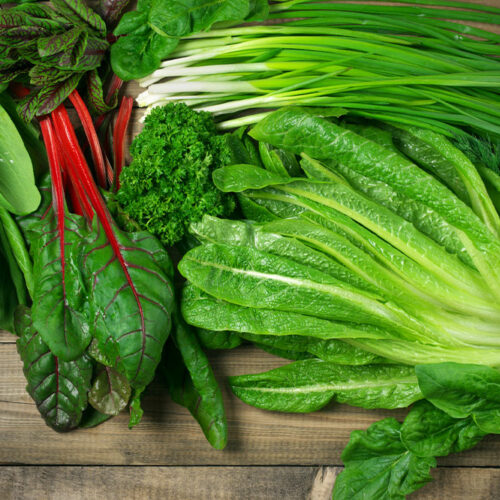8 foods that can manage menopause and its symptoms

Aging brings its own set of health concerns. For women, menopause is one of them and cannot be avoided. A natural process of the body, menopause commonly occurs in women aged 40 years or older. It also brings along a slew of symptoms like night sweats, hot flashes, headaches, cognitive decline, and depression. Therefore, it is important to be armed with knowledge, resources, and tools for the proper management of this condition. Broccoli Cruciferous vegetables are considered beneficial for women approaching the age of menopause. Broccoli is often top of that list. It has been linked to decreased risk of breast cancer which is a trigger for menopause. Its high antioxidant content protects the body against oxidative damage and a possible cancer scare. Broccoli also reduces the amount of inflammation in the body. Edamame Satiating, healthy, and nutritious, edamame is a great choice for any meal. It is also regarded as a healthier alternative to soy. It packs a lot of phytoestrogens that help the body cope with its depleting levels of estrogen. Oatmeal Oats are rich in fiber and can prevent constipation on regular use. They may also help improve digestion, and lower blood glucose levels, and cholesterol levels in the body.






